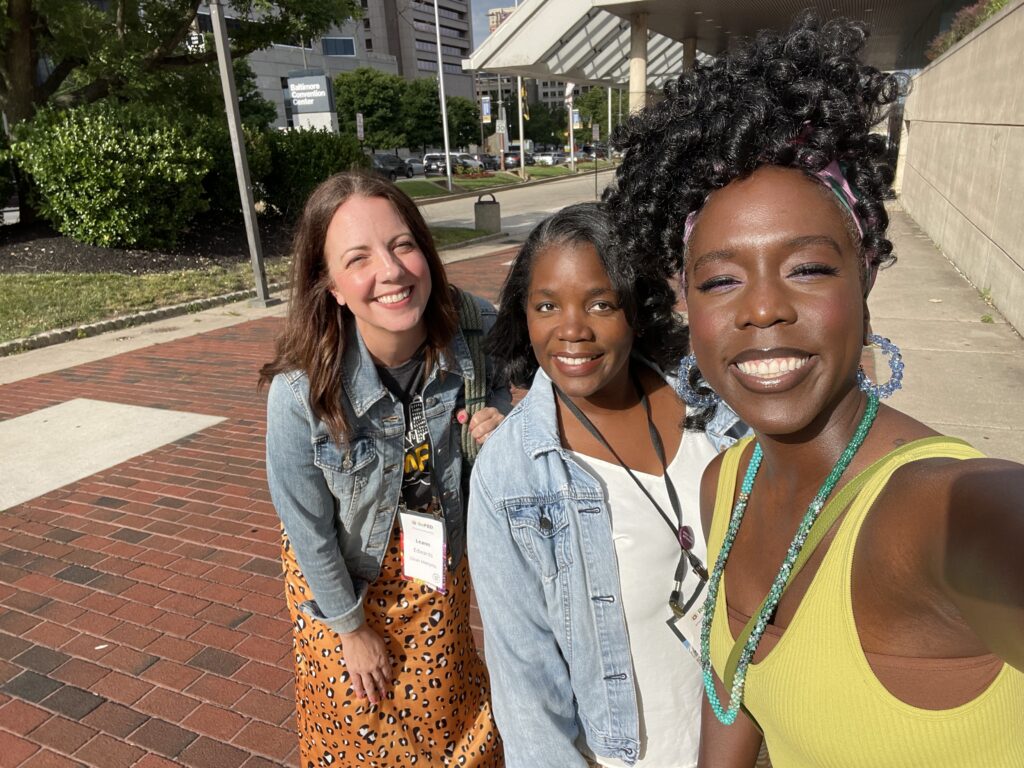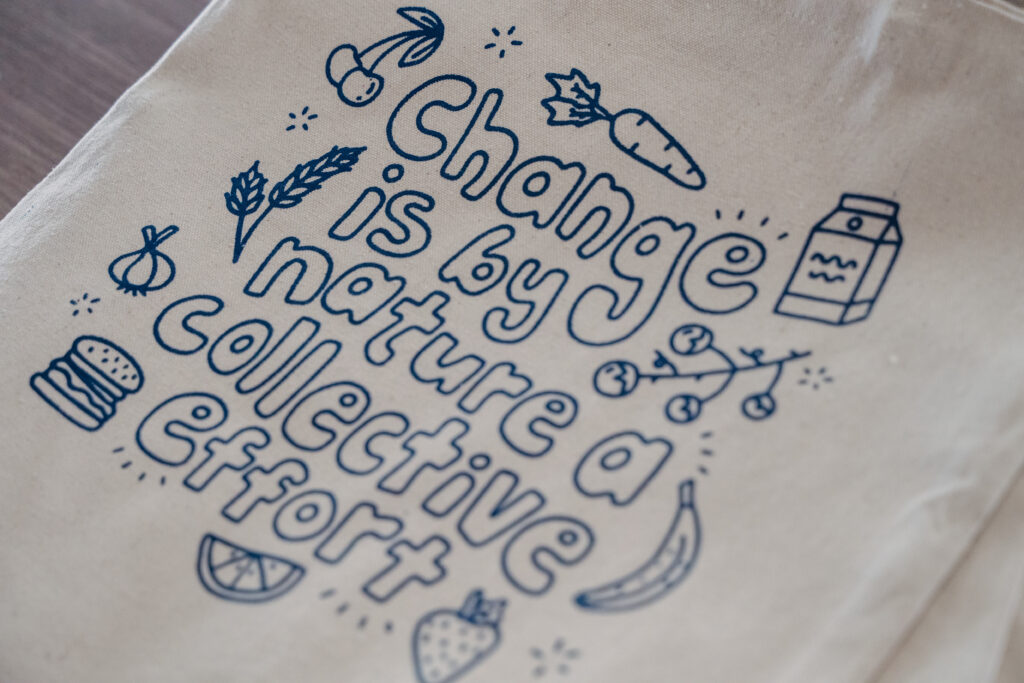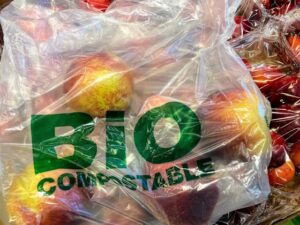The ReFED Food Waste Solutions Summit, held from June 11 to 13 in Baltimore, Maryland, showcased some of the most innovative minds dedicated to addressing the pressing issue of food waste. Among the participants was Program Director of Project Green Fork Leann Edwards, who contributed her knowledge on a discussion focusing on lessening food waste in schools.
Leann was invited to share insights from PGF’s successful initiatives. Her role on the panel, “The ABCs of Reducing Food Waste in Schools: Nurturing Healthy Habits in the Classroom and Beyond,” on June 12 highlighted our commitment to instilling sustainable behavior among youth. The conversation centered on tactics to minimize leftover food and promote nutrition in educational settings, designed to instill lifelong habits of mindful consumption, impacting students from the classroom to their homes.

PGF’s involvement in the conference underscores our mission to foster a more sustainable food system for all. By networking at the summit with various stakeholders, including food businesses, funders, solution providers, innovators, policymakers, and nonprofits, we hope to create a more resilient, inclusive, and viable food network. Leann’s contributions to the panel offered valuable perspectives on how to nurture healthy food practices from a young age, which is crucial in the fight against waste.
Coinciding with the summit, the Biden-Harris Administration announced the National Strategy for Reducing Food Loss and Waste and Recycling Organics. This comprehensive approach outlines tangible goals to prevent food waste, increase recycling of organic materials, and promote a circular economy. The plan aims to cut food loss and waste by 50% by 2030, emphasizing the importance of preventing it at its source and recycling organic materials to cultivate environmental sustainability. The strategy also addresses the significant contribution of food waste to greenhouse gas discharge, noting that 58% of methane emissions from landfills are due to food waste. By diverting food from landfills, we can mitigate climate change and facilitate healthier communities.
The strategy’s four objectives are to prevent food loss, avert food waste, increase the recycling rate for organic waste, and to support policies and incentives that advance them. These are critical steps toward achieving an eco-friendly and resilient food system. By fostering collaboration among government agencies, businesses, and consumers, this tactic seeks to create a more sustainable future.
PGF’s participation in the ReFED Food Waste Solutions Summit and its alignment with the national plan underscores our unwavering commitment to minimizing food waste and promoting green practices. PGF’s primary mission has been to cut food waste by 50% by 2030, and our organization was created to put into action the goals outlined in the national strategy, with a focus on innovative resolutions and collaborative efforts.
This target strongly matches with the national approach, reflecting a shared vision for a more sustainable and efficient food network. By engaging in initiatives like the ReFED Food Waste Solutions Summit, we reaffirm our dedication to these objectives and leverage collective knowledge and expertise to implement effective tactics.
Through these efforts, PGF continues to play a vital role in fostering informed measures and driving positive change in the food system. Our endeavors are designed to educate others and encourage best practices for reducing food waste. By aligning with the national strategy and actively participating in key industry events, we are taking proactive steps towards sustainability.




